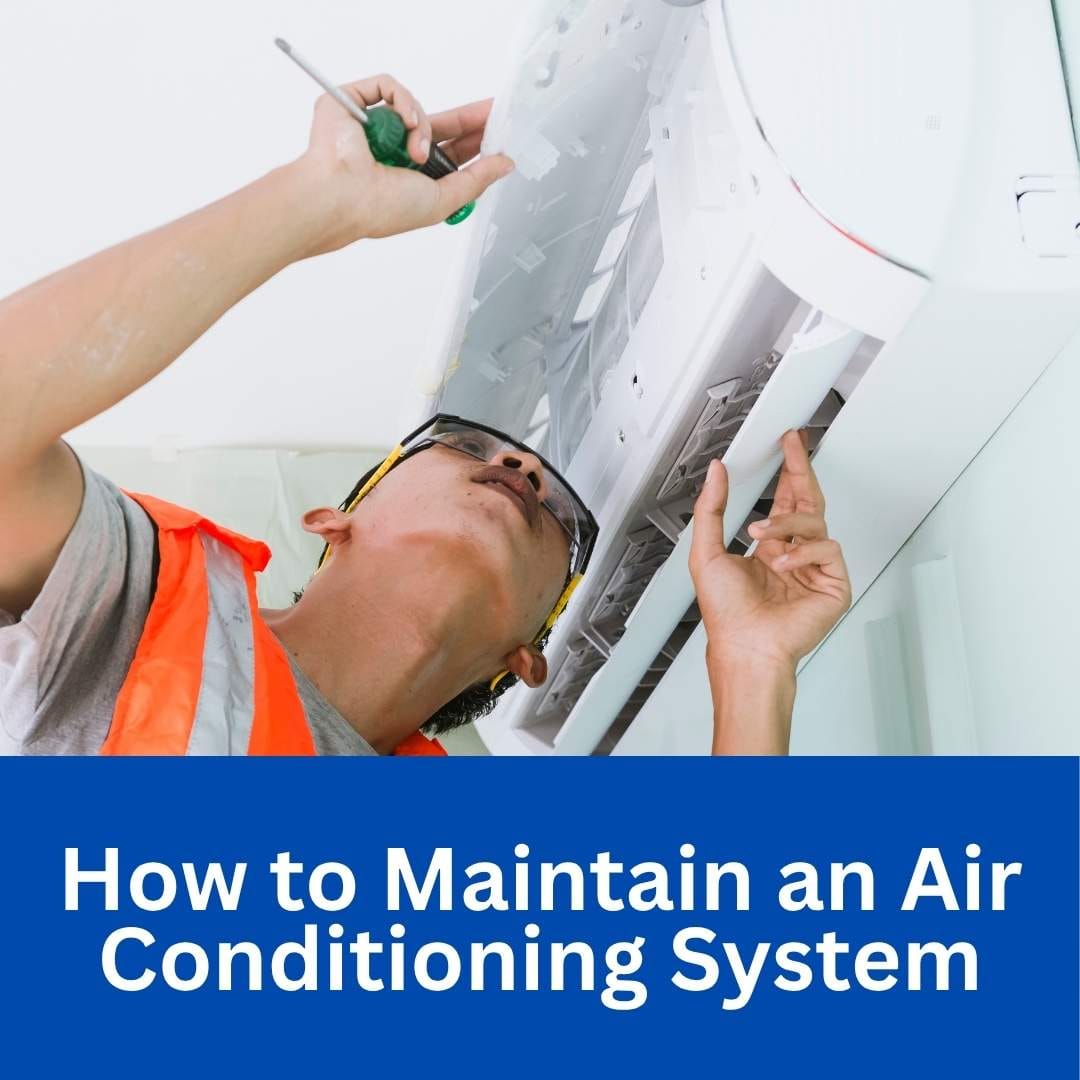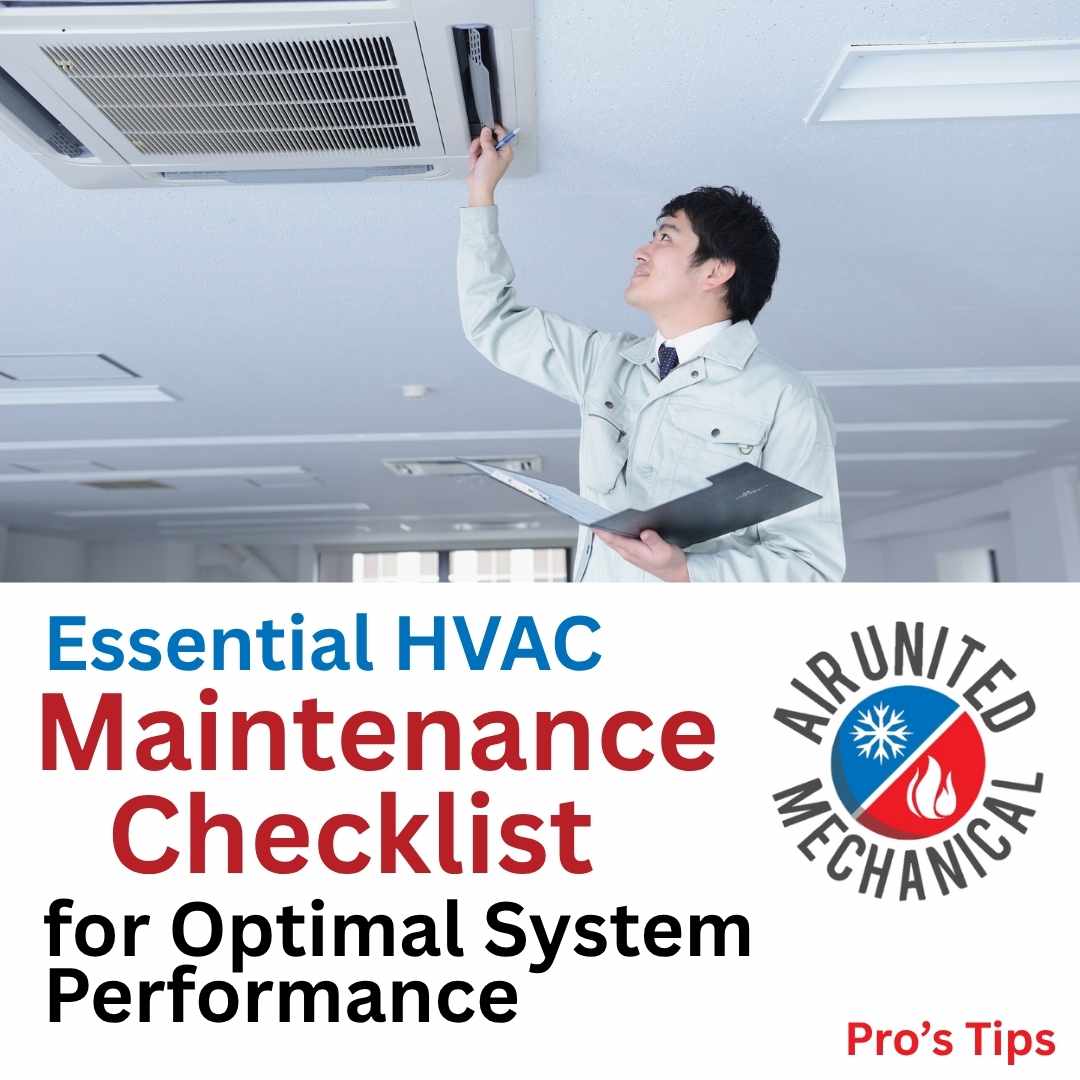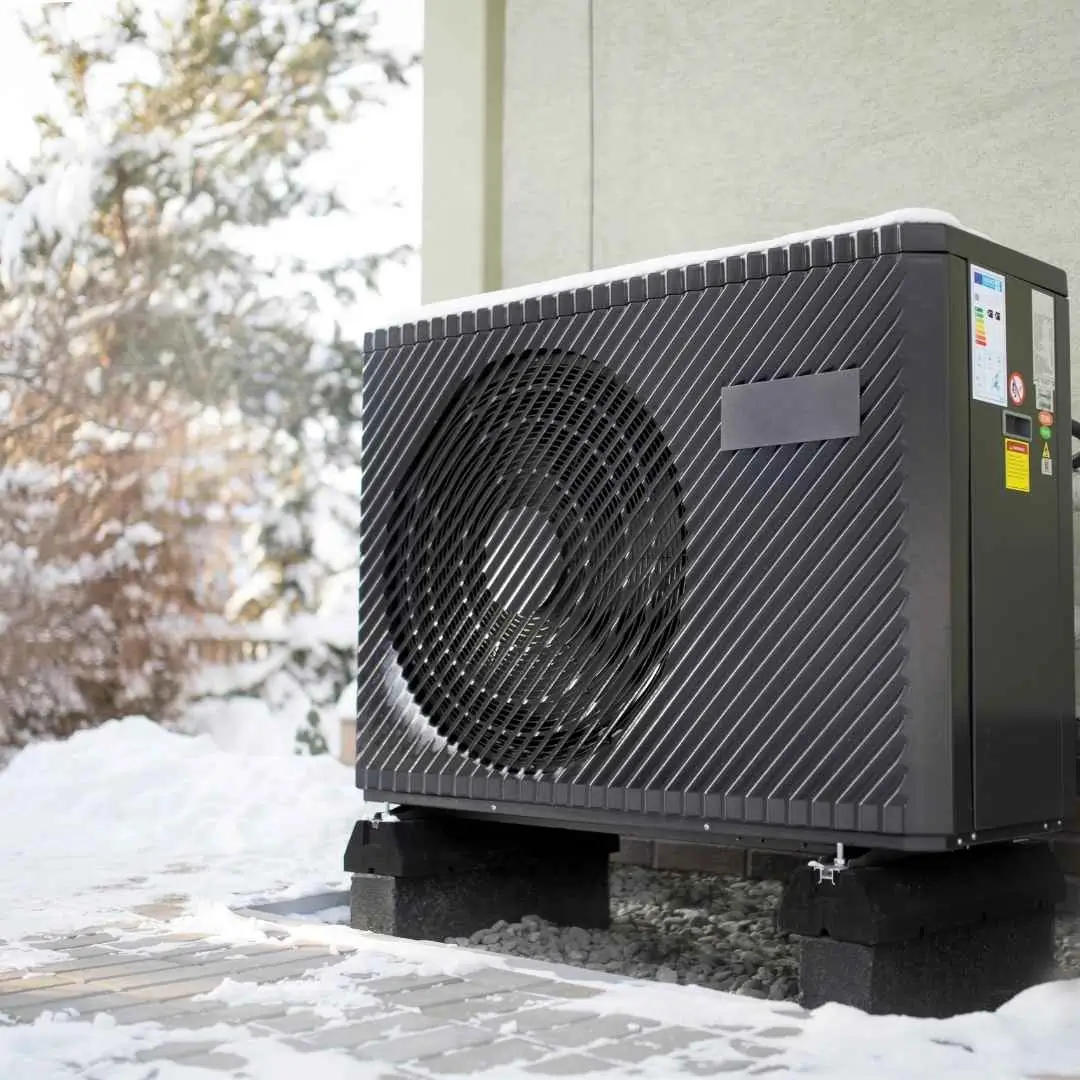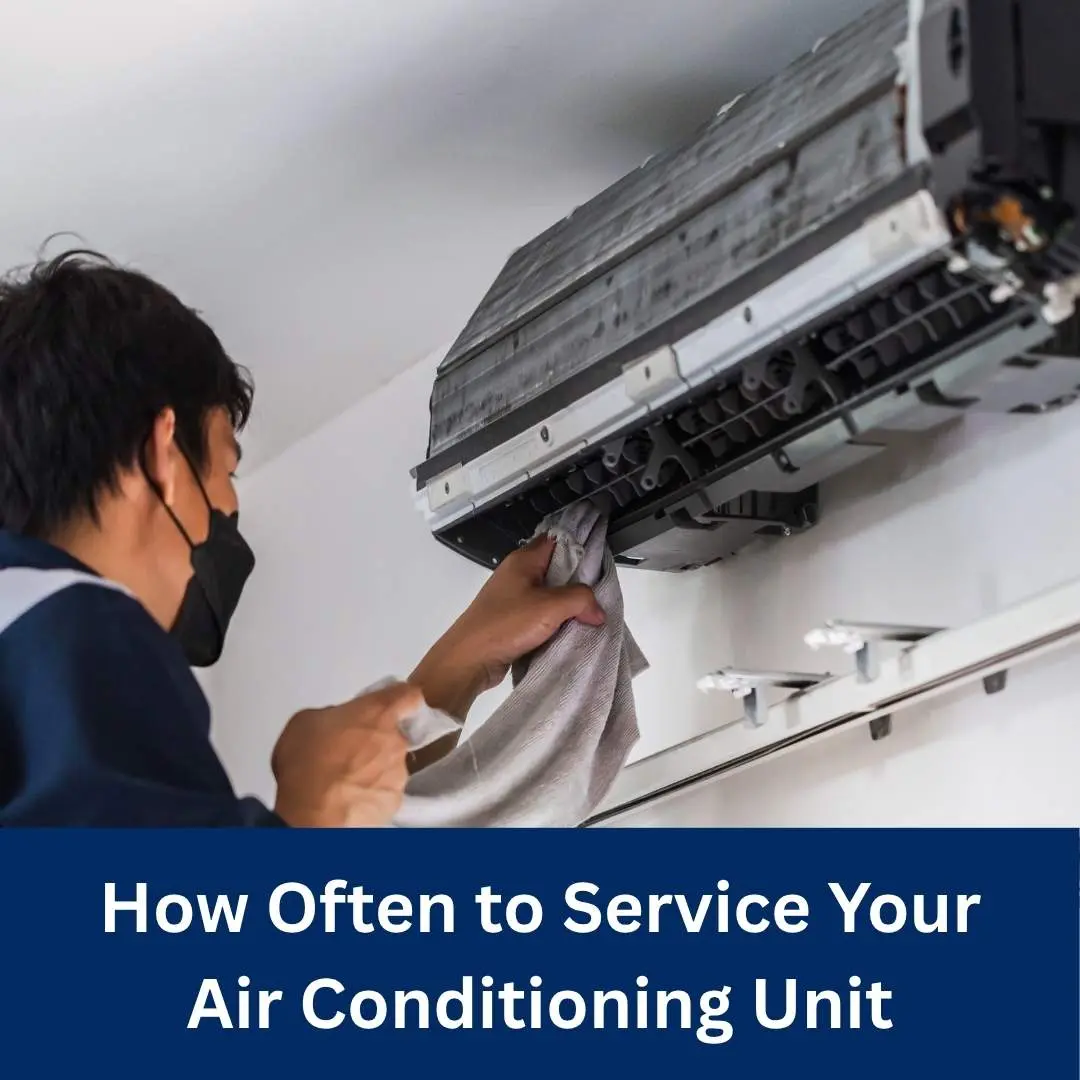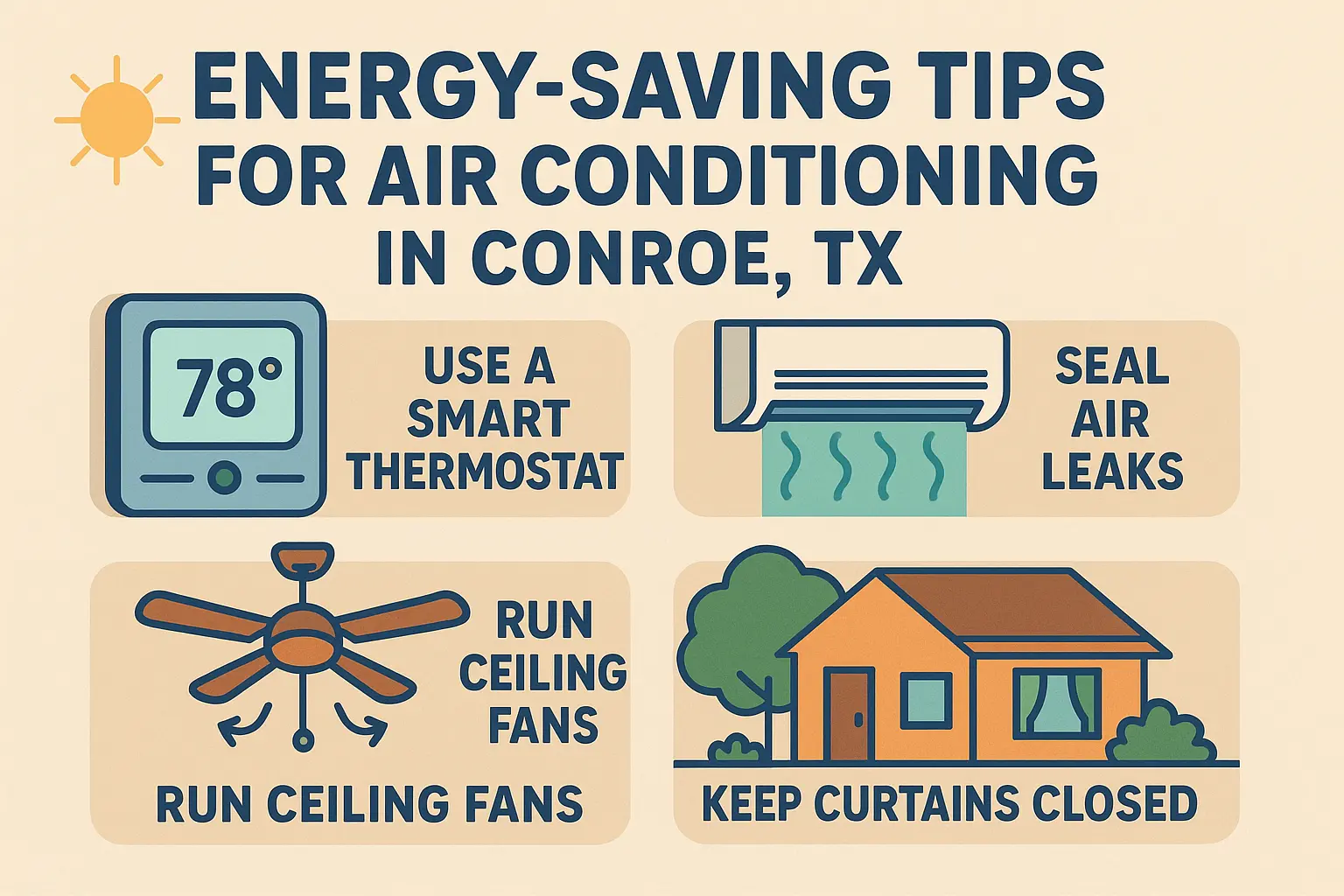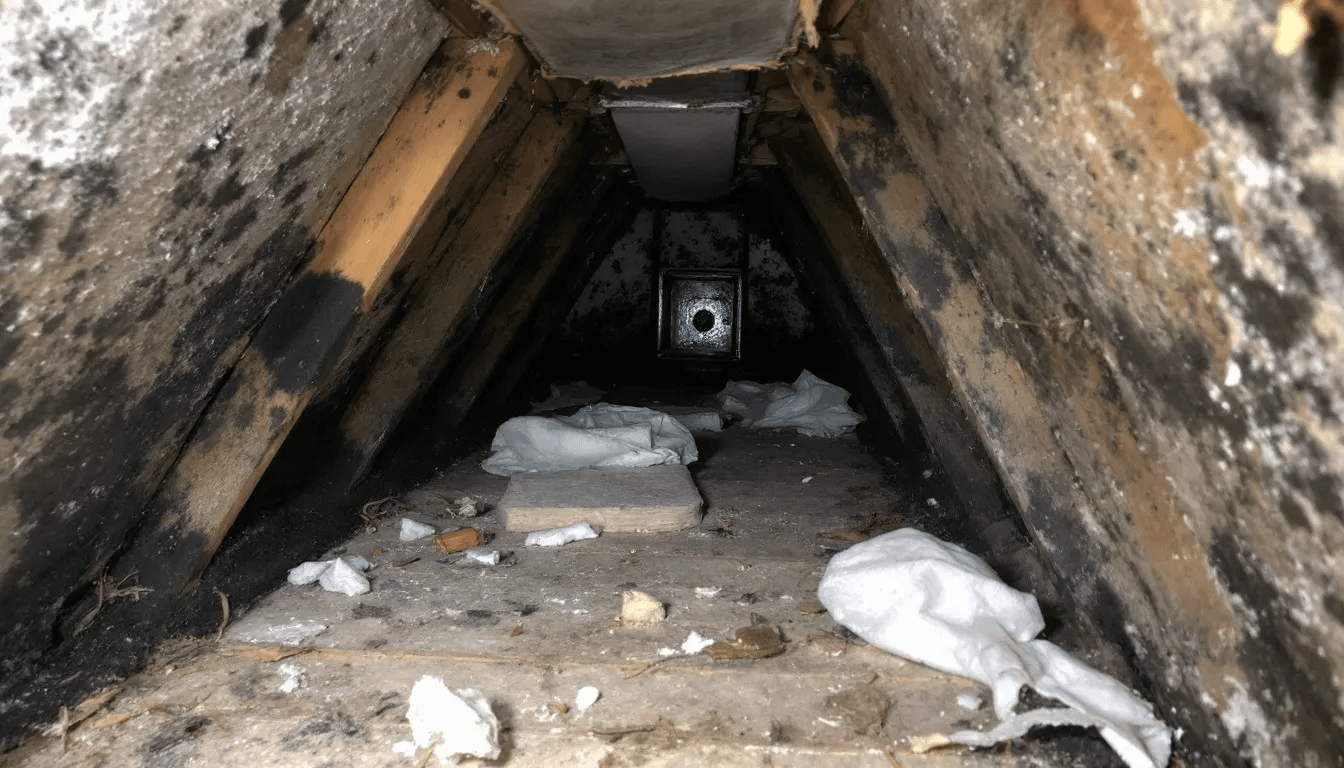Struggling with high energy bills in the Texas heat? Regular AC maintenance could be the solution. By keeping your system clean, tuned, and running efficiently, you reduce strain on the unit—leading to lower electricity usage and longer equipment life. In a state where air conditioners work overtime, even small issues like dirty filters or low refrigerant can drive up your monthly costs. Routine service catches problems early, optimizes performance, and helps your HVAC system cool your home more efficiently. Discover how consistent care can lead to noticeable savings.
Read more


